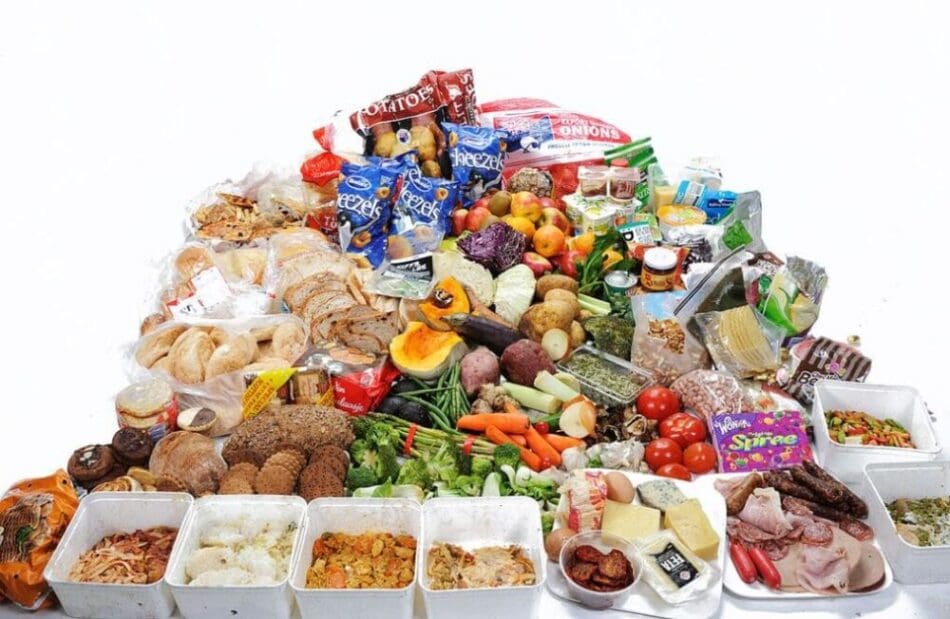The issue of food loss and waste (FLW) continues to escalate, posing a severe threat to global food security, climate change mitigation, and the sustainability of natural resources. The latest findings, highlighted in the Nature Food‘s Collection titled ‘Loss and Waste in Food Systems’, emphasize the growing urgency of addressing this crisis, which affects both developed and developing nations.
Food loss occurs throughout the supply chain, from harvest to retail, while food waste pertains to the disposal of edible food by consumers and retailers. Combined, these phenomena contribute to the depletion of vital resources, exacerbate climate change, and undermine global food security.
The extent of FLW is staggering: approximately one-third of all food produced – about 1.3 billion tonnes – never reaches a plate.
In 2022 alone, 13% of global food production was lost during processing and distribution, with an additional 19% wasted at the consumer and retail levels. Fruits and vegetables suffer the highest rates of FLW at 45%, followed by fish and seafood (35%), cereals (30%), and both dairy and meat products (20%).
This crisis is particularly disheartening in a world where nearly 29% of the population faces moderate to severe food insecurity. The waste is not only a moral issue but also a major obstacle to achieving Sustainable Development Goal 12, target 12.3, which aims to halve per capita global food waste by 2030.
The disparity between food loss and waste in different regions further complicates efforts to combat FLW. Developing countries experience more food loss during the early stages of the supply chain due to inadequate harvesting, storage, and transportation infrastructure. Meanwhile, food waste has become a growing concern in high-income and middle-income nations, with per capita household food waste converging to similar levels across these regions.
A significant barrier to addressing FLW is the lack of reliable data, particularly in developing countries where on-farm losses are challenging to quantify. Variations in the definition of ‘edible’ and ‘non-edible’ crops, as well as inconsistent data collection methods, hinder efforts to accurately measure and mitigate FLW. Additionally, the economic structure of the food market often makes food waste profitable, with prices failing to reflect the true social and environmental costs.
This month, Nature Food has introduced a Collection that delves into this critical issue. Titled ‘Loss and Waste in Food Systems’, it compiles key research and commentary that analyze the underlying causes and effects of food loss and waste across both regional and global scales. It also explores potential solutions aimed at building more sustainable food systems. The Collection will be continually updated with the latest research.
Journal Reference:
‘Food loss and waste’, Nature Food 5, 639 (2024). DOI: 10.1038/s43016-024-01041-7
Featured image: 42.4 kg of avoidable food waste found in New Zealand household rubbish bins in 2014 Credit: Love Food Hate Waste NZ | CC BY-SA 4.0 via Wikimedia Commons




